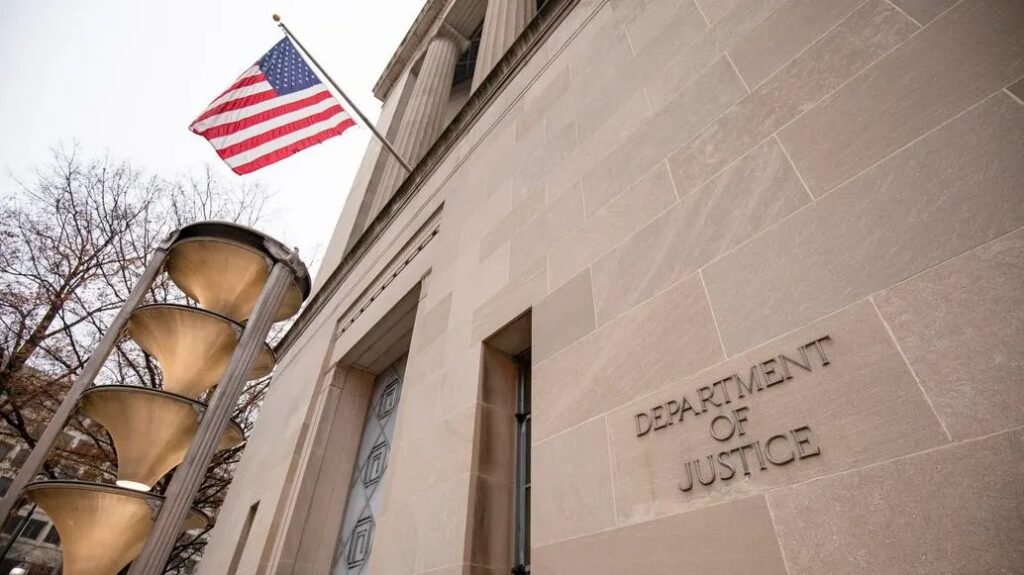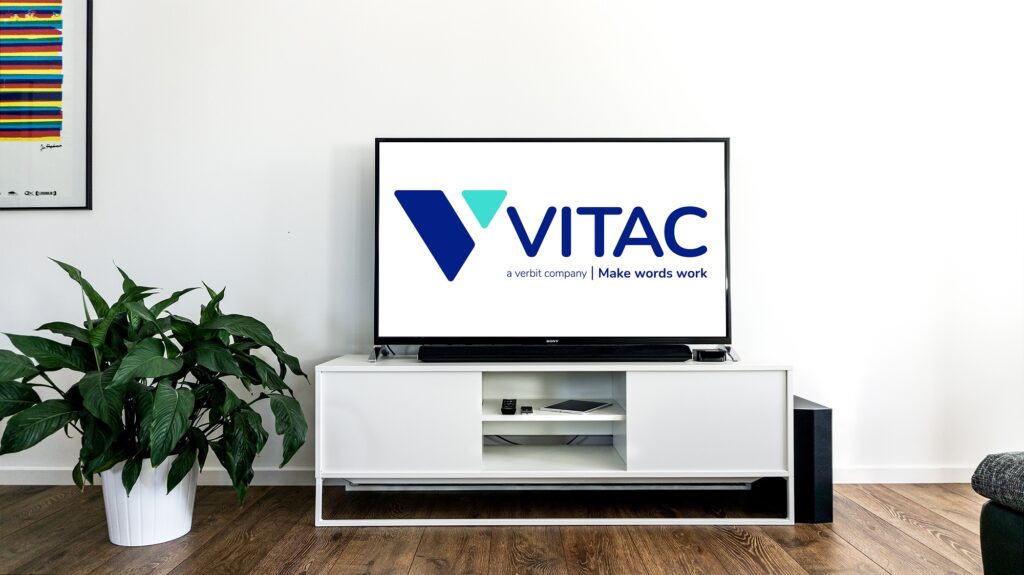Welcome to the latest edition of “ADA in the News,” featuring recent news, updates, events, and rulings regarding the Americans with Disabilities Act.
University Settles Captioning Suit
 Harvard University has agreed to a settlement in a suit filed by the National Association of the Deaf (NAD) that alleged that many of the school’s online videos, courses, and podcasts were not captioned.
Harvard University has agreed to a settlement in a suit filed by the National Association of the Deaf (NAD) that alleged that many of the school’s online videos, courses, and podcasts were not captioned.
The suit, filed in 2015, argued that Harvard violated federal civil rights laws by offering content without captions.
The settlement establishes a series of guidelines to make Harvard’s website and online resources accessible for those who are deaf or hard of hearing. According to the NAD, “the settlement represents the most comprehensive set of online accessibility requirements in higher education, and ensures for the first time that Harvard will provide high-quality captioning services for online content.”
As part of the agreement, Harvard will provide captions for all online resources, including school-wide events that are live-streamed, content from department-sponsored student organizations, and any new university-created audio or video hosted by third-party platforms such as YouTube, Vimeo, and SoundCloud.
The settlement expands upon Harvard’s digital accessibility policy − adopted last spring − which pledged to provide captions for new online videos and other educational programs beginning this December. Under the settlement, the school now will add captions for existing content dating back to January 2019, and provide live captions for events that are streamed online.
Additionally, Harvard agrees to caption, upon request, any content not already captioned within five business days.
The university also is required to submit reports every six months beginning in June 2020 to the NAD and the Disability Law Center with information about the number of requests received and any changes made to these policies, among other details.
The National Association of the Deaf filed a similar suit against the Massachusetts Institute of Technology in 2015, alleging that its online content was inaccessible to those in the deaf and hard-of-hearing community. That suit is ongoing.
Gift Cards and Accessibility
 Dozens of class action lawsuits have been filed in New York accusing retailers that sell gift cards without braille of violating the Americans with Disabilities Act.
Dozens of class action lawsuits have been filed in New York accusing retailers that sell gift cards without braille of violating the Americans with Disabilities Act.
The lawsuits allege that without braille lettering on the gift cards, people who are blind or with low vision cannot independently purchase cards, distinguish one merchant’s cards from another, determine the card’s dollar amount, or review other information, such as the terms or restrictions.
Companies facing lawsuits over a lack of braille on gift cards include The Walt Disney Company, Krispy Kreme Doughnuts, and Hooters.
The lawsuits seek injunctive relief on behalf of a nationwide class, and damages under New York law for a New York subclass.
The lawsuits are similar to recent ADA suits that argue over the accessibility of websites and mobile apps.
According to law firm Seyfarth Shaw, the gift card suits have been filed by 11 plaintiffs and four law firms. The firm notes that these are the same litigants and attorneys who have filed hundreds of lawsuits against businesses for allegedly inaccessible websites over the past several years.
Starbucks, which recently opened its fourth sign language-accessible store, introduced braille gift cards in 2013.
Michigan Hospital Settles Suit
 A Michigan hospital will begin providing interpreters for deaf patients under a settlement with federal prosecutors that followed a civil rights review of the hospital’s practices.
A Michigan hospital will begin providing interpreters for deaf patients under a settlement with federal prosecutors that followed a civil rights review of the hospital’s practices.
A settlement was reached between William Beaumont Hospital and the United States Attorney’s Office for the Eastern District of Michigan over alleged violations of the Americans with Disabilities Act. The U.S. attorney’s office said the settlement ensures that deaf and hard of hearing (DHOH) patients will be able to communicate with doctors and get equal access to medical treatment.
An investigation of Beaumont found that it failed to provide American Sign Language (ASL) interpreters for complex medical appointments and procedures for patients who were deaf or hard of hearing, even after those patients requested interpreters.
The settlement requires Beaumont to provide training to hospital staff on ADA requirements and to adopt policies ensuring that auxiliary aids and services, including ASL interpreters, are provided to patients.
The hospital denied any ADA violations and did not admit to wrongdoing as part of the settlement.
The requirements apply to each of Beaumont’s three hospitals and 31 associated health care facilities.
EEOC Charges Firm Failed to Accommodate DHOH Candidate
The United States Equal Employment Opportunity Commission (EEOC) filed a suit against a California-based tech company, charging that the company violated federal law when it failed to accommodate and interview a qualified job applicant who is hard of hearing.
According to the EEOC, the applicant applied for a contractor position with Guidewire Software, Inc., and was scheduled for an initial phone screening interview. The applicant responded, requesting a face-to-face meeting as an accommodation since her cochlear implants limit the clarity of sound coming through telephones and computers.
Guidewire instead suggested using Relay Conference Captioning and sign language as a back-up. However, when the applicant looked into this alternative, she found that there was a waiting period to set up an account to use the service.
According to the suit, the applicant told the hiring manager that she does not use sign language, and asked about an alternative captioning service.
Guidewire did not respond to her email and, instead, conducted screening interviews with four candidates who did not request reasonable accommodation, and ultimately offered the position to one of those candidates, the EEOC said.
Rejecting a qualified applicant because of disability violates the Americans with Disabilities Act.
The EEOC’s lawsuit seeks lost wages, compensatory and punitive damages, and injunctive relief designed to prevent such discrimination in the future.




